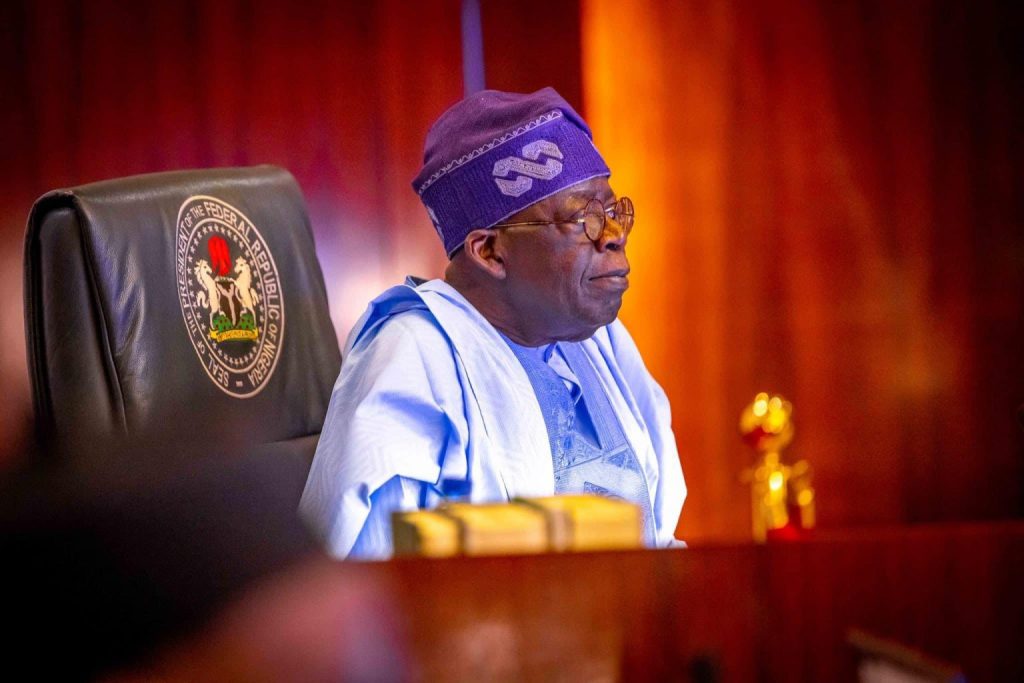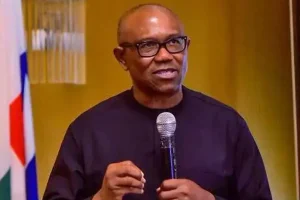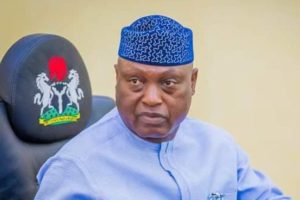
President Bola Tinubu, on Tuesday, extended his congratulations to the Nigerian National Petroleum Company Limited (NNPC Ltd.) for the successful revitalization of the Port Harcourt Refinery, a significant milestone in Nigeria’s energy sector. In his statement, the President also urged the NNPC to accelerate efforts to reactivate the second Port Harcourt refinery, as well as the Warri and Kaduna refineries, which are essential to strengthening Nigeria’s domestic refining capacity.
The statement, which was made available to journalists in Abuja, was issued by the Special Adviser to the President on Information and Strategy, Bayo Onanuga. Titled ‘President Tinubu Celebrates Revival of Port Harcourt Refinery and Directs NNPC Limited to Promptly Reactivate Warri and Kaduna Refineries’, it underscores the importance of these developments in Nigeria’s broader economic strategy.
In his statement, President Tinubu expressed his gratitude to former President Muhammadu Buhari for initiating the extensive rehabilitation of Nigeria’s refineries, a project that has long been critical for the country’s energy security. He also recognized the role of the African Export-Import Bank (Afreximbank) for their vital financial support in funding this important project.
Additionally, the President lauded the leadership of NNPC Ltd.’s Group Chief Executive Officer, Mr. Mele Kyari, highlighting his dedication and determination in overcoming numerous challenges that had delayed the revitalization efforts. “The leadership and commitment displayed by Mr. Kyari and the NNPC Ltd. team were pivotal in reaching this landmark achievement,” the statement read.
The Port Harcourt Refinery, located in Rivers State, is one of the largest refineries in sub-Saharan Africa, comprising two complexes: the Old Refinery, built in 1965 with a capacity of 60,000 barrels per day, and the New Refinery, constructed in 1989, which increased the capacity to 150,000 barrels per day. Together, these refineries boast a combined capacity of 210,000 barrels per day. Unfortunately, for decades, these facilities had operated well below their capacity due to poor maintenance, lack of investment, and mismanagement.
Despite being one of the world’s largest producers of crude oil, Nigeria has had to rely heavily on imports for refined petroleum products, leading to significant economic challenges. The rehabilitation project, which was launched under the Buhari administration, sought to restore the Port Harcourt Refinery to full functionality by 2023, with a total investment of $1.5 billion, primarily funded by Afreximbank.
However, the rehabilitation efforts have faced numerous delays, missed deadlines, and unexpected technical challenges, pushing back the timeline for completion. Although mechanical work was completed in early 2024, some key units of the refinery still faced setbacks in commissioning due to unforeseen operational risks.
As of November 26, 2024, NNPC Ltd. began trucking out 60,000 barrels of petroleum products per day, including Premium Motor Spirit (PMS), diesel, and other products, to meet domestic demand. This is seen as a significant step toward reducing Nigeria’s reliance on imported refined products.
In response to this achievement, President Tinubu emphasized the importance of these efforts in boosting Nigeria’s domestic refining capacity, alongside the contributions of privately owned refineries. He highlighted that the successful revitalization of the Port Harcourt Refinery will play a major role in positioning Nigeria as a prominent energy hub, while also noting the administration’s focus on enhancing the gas sector.
“The completion of this project signifies the commitment of my administration to eradicating the disheartening perception of Nigeria as a crude oil producer that lacks the capacity to refine its own resources for domestic consumption,” President Tinubu stated. He reiterated that his government remains focused on achieving energy sufficiency, securing energy security, and enhancing the nation’s export capacity.
The President also emphasized the core values of patience, integrity, and accountability, which have been central to the rebuilding of Nigeria’s infrastructure. He urged all Nigerians, particularly those in positions of responsibility, to remain focused on their duties and uphold the trust placed in them.
Under the framework of the Renewed Hope Agenda, President Tinubu reaffirmed his administration’s commitment to fostering shared economic prosperity for all Nigerians through the promotion of sustainable energy policies and the revitalization of key national industries, ensuring that Nigeria takes its rightful place as a leading energy exporter.





